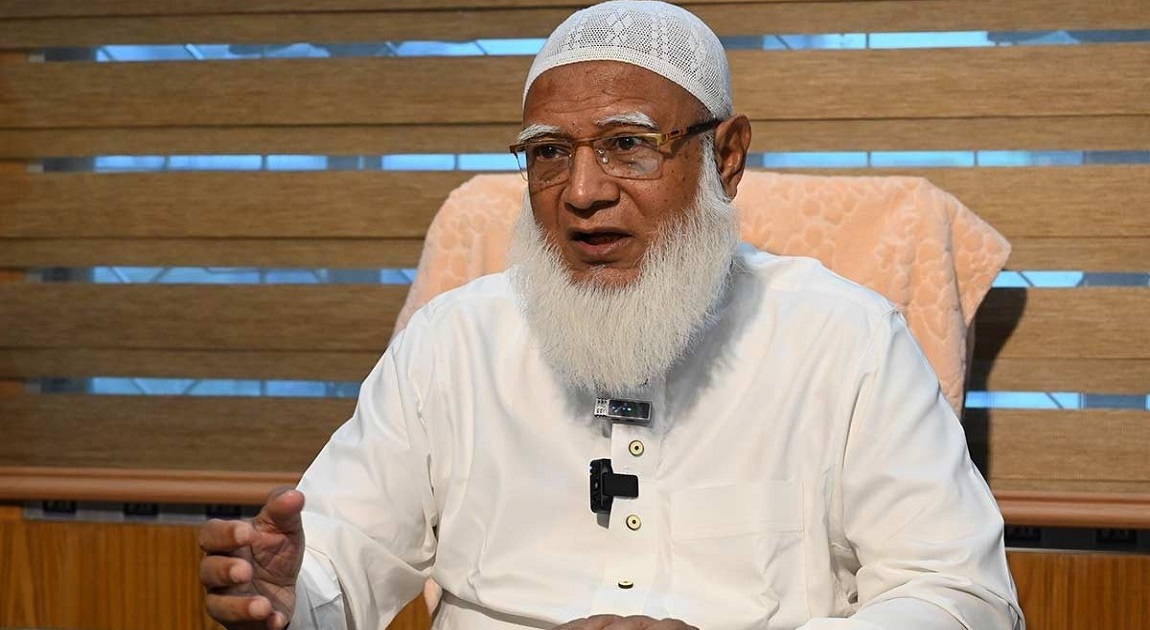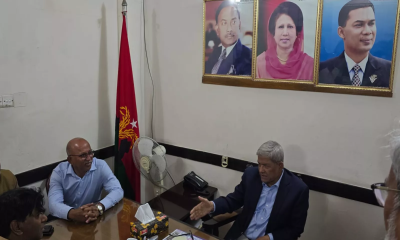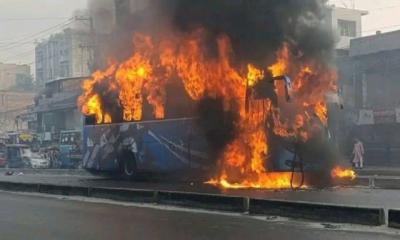In a significant and rare statement, Bangladesh Jamaat-e-Islami’s Ameer, Dr. Shafiqur Rahman, has publicly sought unconditional forgiveness from the nation for any pain or suffering caused by his party or its members—from the time of Partition in 1947 through to the present day.
Speaking on the popular talk show “Thikana-e Khaled Muhiuddin”, Shafiq was directly asked about his earlier press conference following the acquittal of Jamaat leader ATM Azharul Islam in a war crimes case. Journalist Khaled Muhiuddin questioned whether his apology extended to the events of the 1971 Liberation War, a point he had not clarified at the time.
In response, Shafiqur Rahman stated, “Not just 1971—from 1947 to this day, if anyone has been harmed or hurt by us, directly or indirectly, I seek unconditional apology from all of them, from everyone.”
He emphasized that both individuals and organizations are capable of making mistakes, noting that “Just as individuals can make mistakes, so can collectives. Whether something was right or wrong is ultimately for history to judge. What may be considered a mistake today might be validated tomorrow.”
“We are an ideological party. We acknowledge that as human beings, we are not above making mistakes. Whether through us or our associates, people may have suffered in various ways. I am apologizing without any conditions,” the Jamaat leader said.
Responding to possible criticisms, Shafiqur Rahman added “There is no shame, no defeat in seeking forgiveness. I am apologizing from a place of moral responsibility and humanity.”
The statement comes at a time when Jamaat-e-Islami, long associated with controversial roles during Bangladesh’s 1971 War of Independence, has been under scrutiny for its past affiliations and alleged support for war crimes.
Although several top leaders were convicted and executed in previous years, many critics continue to demand a clear and collective stance from the party on its historical role.
Shafiqur Rahman’s statement may mark a shift in tone for the party, though whether it leads to political reconciliation or further debate remains to be seen.











-20260305071113.webp)




-20260304091720.webp)






-20260303080739.webp)














-20260228064648.jpg)
